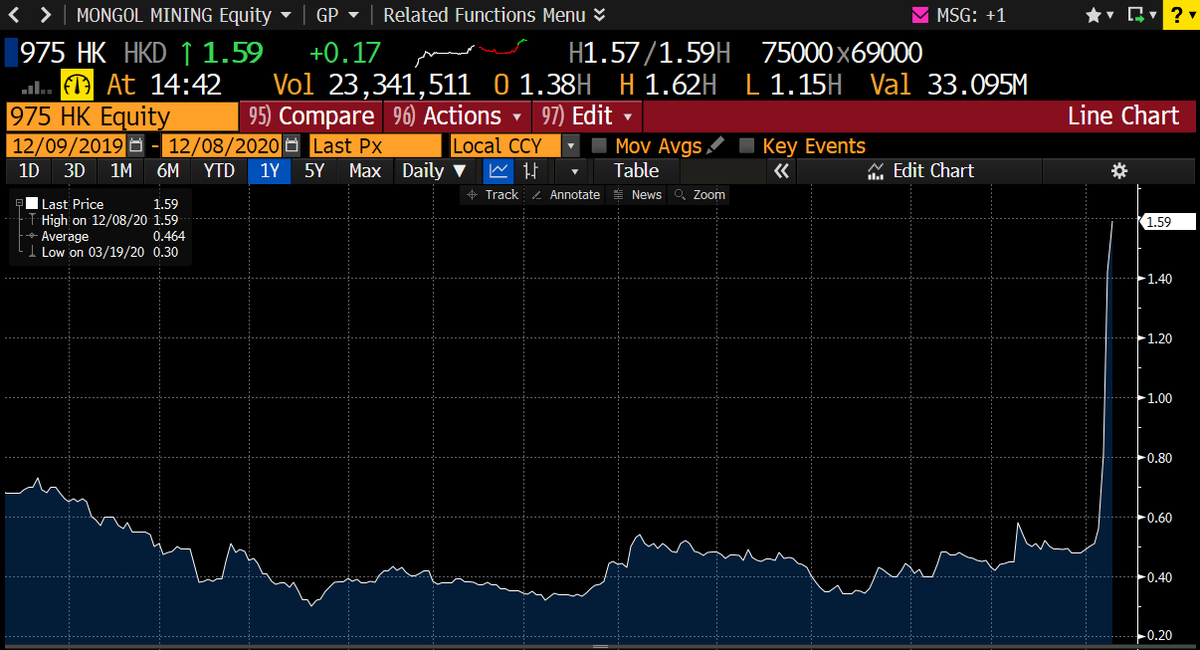
Many people seem to believe EVs are a fundamentally disruptive innovation to the auto industry. They aren't. They are a relatively minor evolution. The vast bulk of the parts outside the engine/propulsion system are the same. <thread below>
You still need a chassis, axel, wheels & tyres, body & exterior panels, braking systems, suspension, chairs & other interior, airbags and other safety features, lighting/indicators and on-board instrumentation. You even often have (simplified) transmissions & gears.
All you're doing is ripping out the ICE and replacing it with an electric motor & batteries. Everything else about the design and production process is very similar. Parts suppliers across ICE engine supply chain will be impacted. The automotive companies themselves, not really.
Furthermore, there has been no disruptive technology in history that has taken nearly 20 years to reach 1% ish parc penetration, and where continuing gains in penetration rely heavily on governments forcing the issue through bans on ICE cars and huge subsidies.
Did smartphones require the government ban landlines and feature phones, and then provide large subsidies, in order for mass market adoption to occur? No, because the technology was a genuinely disruptive innovation which caught on like wildfire because it was way better.
Things might change in the future, but as it currently stands today, EVs are a far more expensive solution to the solved problem of mass-market, affordable personal mobility. Even with all Musk's brilliance, the M3 still costs >US$50k - 2-3x the cost of a comparable ICE model.
What we really have is (1) a new platform for luxury/high performance vehicles. EVs cost more but the performance is better; and (2) a higher cost solution to existing alternatives government can force-feed onto population for environmental reasons, just like renewable energy.
Autonomous vehicles, on the other hand, are different. They are usually uttered in the same breath as EVs, but the technology is entirely different. Full autonomy - should it eventually arise - could be a genuine disruption to existing business models and auto supply chain.
In the past, people have not outsourced driving via taxis or ride hailing (which are lower cost taxis) because the service is labour intensive and expensive. Not everyone can afford a private chauffeur. This will change with full autonomy.
There is a decent chance that with full autonomy, networked fleets of autonomous vehicles displace a lot of private vehicle ownership - at least in big cities with significant liquidity in on-demand vehicle availability. But this potential disruption exists independently of EVs.
Indeed, should this disruption occur, it will hurt EV makes just as much as it hurts traditional auto companies. Let me say that again - autonomous vehicles may disrupt the EV industry. Triple digit P/Es for EV makers seem more than a little excessive given this huge risk.
• • •
Missing some Tweet in this thread? You can try to
force a refresh





